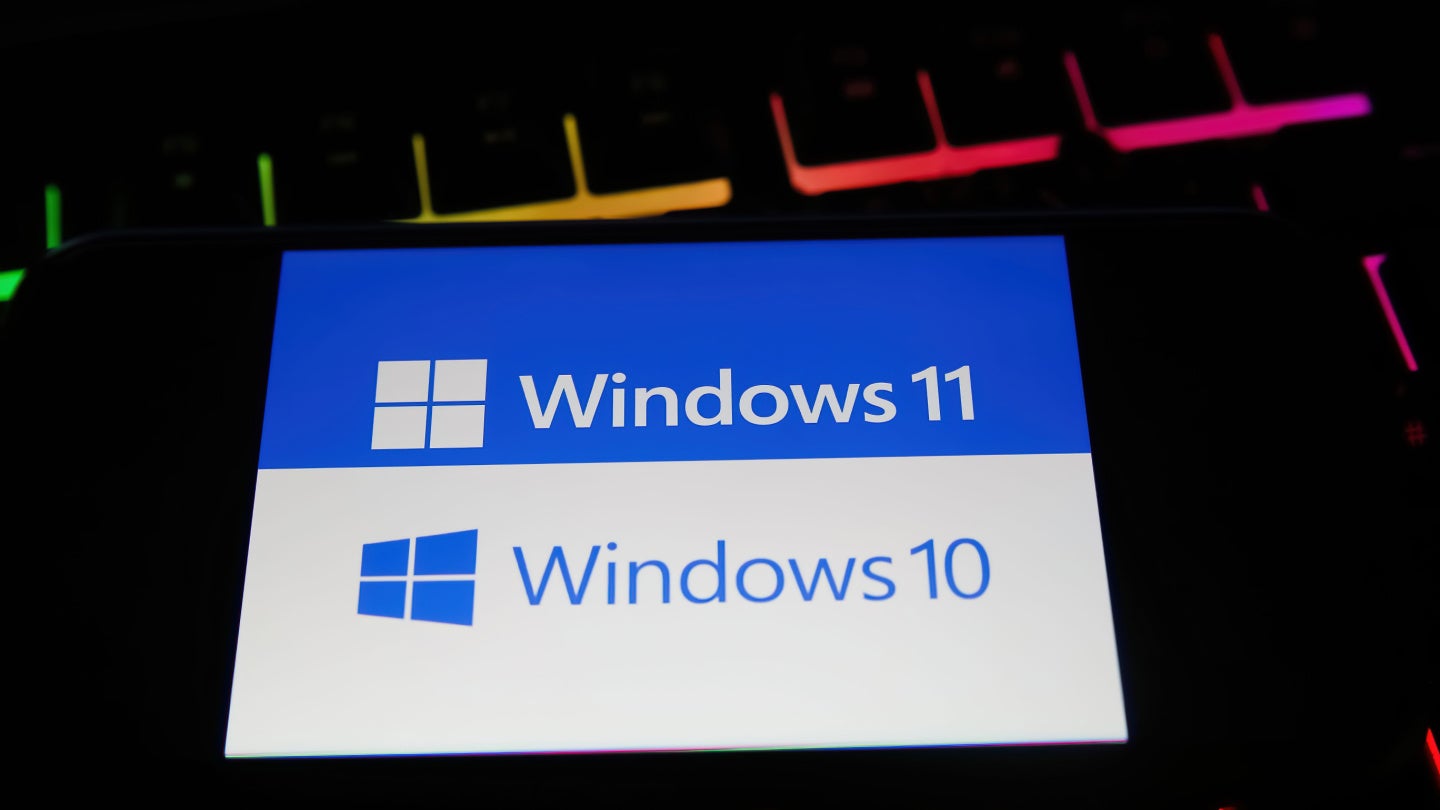
Microsoft’s termination of Windows 10 support could leave 240 million PCs as waste, according to a new report by analyst company Canalys Insights.
By October 2025, Windows 10 will no longer be supported by Microsoft.
While Windows 11 may help to refresh the PC market, wrote research analysts Ben Caddy and Kieren Jessop, millions of PCs will end up in landfill as a result of no longer being supported.
The 240 million PCs that are at risk of becoming waste could be recycled if in good condition; however, incompatibility with Windows 11 will severely impact the refurb value of such devices.
“Charitable donations of these discarded PCs could maximize their usable lifespans,” Caddy and Jessop wrote, “but if the industry wants to support digital equity, this is not viable or socially sustainable.”
Digital equity should help give disadvantaged communities long-term access to the internet, but donating PCs with such a limited lifespan will not help the tech industry’s efforts to bridge this divide, according to Caddy and Jessop.
How well do you really know your competitors?
Access the most comprehensive Company Profiles on the market, powered by GlobalData. Save hours of research. Gain competitive edge.

Thank you!
Your download email will arrive shortly
Not ready to buy yet? Download a free sample
We are confident about the unique quality of our Company Profiles. However, we want you to make the most beneficial decision for your business, so we offer a free sample that you can download by submitting the below form
By GlobalData“The scale of the e-waste produced by the end of support for Windows 10 highlights the role of device vendors and OS vendors alike to maximize products’ usable lifespans,” they write. “To facilitate the circular economy, OEMs must embed durability, repairability and recyclability into the design of their devices.”
However, the industry itself is also being harmed by shortened lifespans of tech products.
A study back in August found that tech retailers were missing out on upwards of £850m ($1.08bn) in refurbished tech products sales.
Electronic waste not only poses a financial risk to businesses and an environmental risk but also wastes the critical minerals needed to produce electronics.
Research analysis company GlobalData’s 2023 thematic intelligence report into critical minerals found that green tech and energy objectives will be delayed if critical mineral supply cannot meet demand.
GlobalData also reported that affordability will become a key issue if critical minerals become scarce, further widening the digital divide of who can afford to be online.
“Staying ahead of potential disruptions is key to mitigating the adverse consequences of climate change, geopolitical tension, and mineral depletion,” the report reads.





